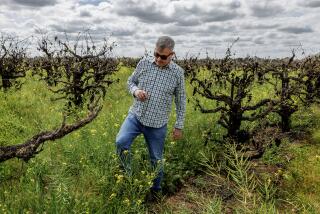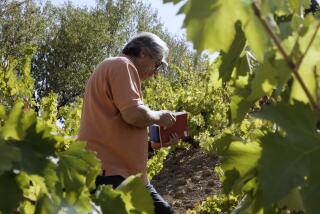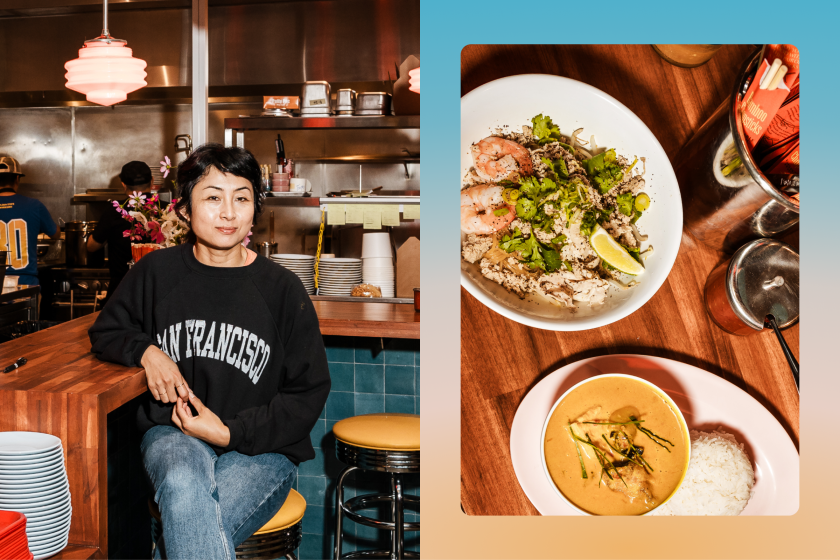The ultimate wine reference book gets a new edition
When I was first learning about wine, British wine writer Hugh Johnsonâs âThe World Atlas of Wineâ was my bible. Heâs an erudite and engaging writer, pouring decades of wine knowledge into succinct paragraphs that place each country and region in context. For someone keen to learn about Burgundy or Piedmont or Sonoma County, the brilliantly detailed maps were essential to understanding why certain vineyards and appellations produce the wines that they do.
For the last few editions of the revered reference work Johnson has invited another Brit, stellar wine writer Jancis Robinson, to join him in bringing the massive tome, first published in 1971, up to date. The two have just signed off on the seventh edition of âThe World Atlas of Wine.â Itâs also available in an ebook format for the iPad.
In her introduction, Robinson notes, âThis world is very different even from the wine world of 2007, when the last (sixth) edition was published, and is completely unrecognizable compared with the size, let alone state, of the world of wine in, say 1985, when the third edition was published. In that edition just two pages were devoted to South America, one to New Zealand. There was no hint that Asia would become the major force in wine that is today, and so on.â
There are now some 215 maps, including those for coastal Croatia, Swartland in South Africa, northern Virginia â and Ningxia in China.
The section on Italy begins with a gorgeous map of Italy with wine-producing areas highlighted in purple. Thereâs also an explanation of the language of the label, which defines common terms, and then an overview of various, sometimes incredibly crowded, wine regions, followed by sections that zoom in on appellations such as Barbaresco or Barolo. Here the maps are detailed enough to show individual vineyard sites such as Bussia or Sorì Tildin.
Why know any of this stuff? Johnson cuts to the chase in his foreword: âThere is no other product on earth, agricultural or industrial, where value is as directly and precisely related to where it grows and is made. Only wine goes to market with the name of a field, a farm, or at least a county, as its business card. Tracing the meaning of these cards, and the consequent value of their bottles, is the business of this book.â And what a fascinating ride it is.
Iâve got some studying up to do.
ALSO:
Magic Restroom Cafe has a theme: toilets!
Red wine compound helps kill of cancer cells, new study finds
Ori Menashe of Bestia plans to open Middle Eastern restaurant downtown
Twitter: @sirenevirbila
More to Read
Eat your way across L.A.
Get our weekly Tasting Notes newsletter for reviews, news and more.
You may occasionally receive promotional content from the Los Angeles Times.










